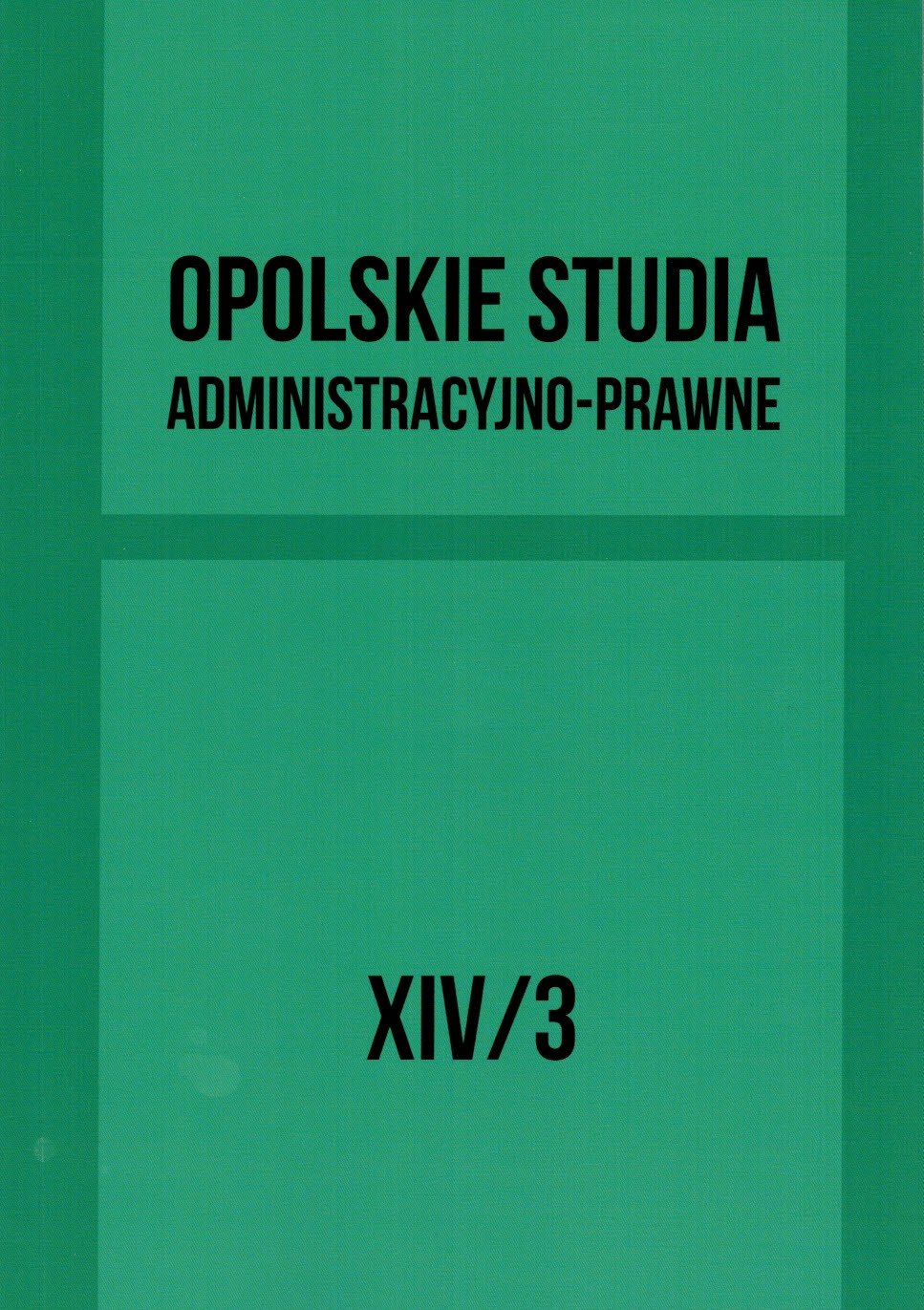Od krytyki demokracji parlamentarnej do pochwały dyktatury. Niemiecka myśl nacjonalistyczna 1918–1933
From criticism of parliamentary democracy to the praise of dictatorship. German nationalist thought from 1918 to 1933
Author(s): Marek MaciejewskiSubject(s): History, Law, Constitution, Jurisprudence, History of Law, Political history, Recent History (1900 till today), Special Historiographies:, Pre-WW I & WW I (1900 -1919), Interwar Period (1920 - 1939), Fascism, Nazism and WW II
Published by: Uniwersytet Opolski
Keywords: liberalism; democracy; parliamentarianism; dictatorship; leader; Germany
Summary/Abstract: The article deals with the question of the formation – since the end of World War One until the emergence of the Nazi regime – of various conceptions of the political system in influential and widespread intellectual circles of the so-called revolutionary conservatives who represented nationalist, anti-liberal and anti-parliamentarian views. This political ideology adopted a clearly critical position regarding political, constitutional and legal solutions adopted in the Reich after the fall of the Hohenzollern empire in 1918. Criticizing parliamentary democracy, though not necessarily democracy as such, revolutionary conservatives announced the need to establish a system of dictatorial leadership in Germany, modeled after the rule of Napoleon Bonaparte, oftentimes seeing the then President of the Reich, Paul von Hindenburg, as a suitable person for this role (they rather sporadically perceived Adolf Hitler in this way). Some of them not only approved of an authoritarian model of government understood as an opposition towards the so-called Weimar system, but also accepted the principles of totalitarianism (e.g., C. Schmitt, E. Jünger, E. Niekisch). Since 1933, the Nazis partly adopted the anti-liberal, anti-parliamentarian and authoritarian conceptions of revolutionary conservatives, reaching for – among others – Carl Schmitt’s theory of decisionism or Ernst Jünger’s idea of the total mobilization of the nation.
Journal: Opolskie Studia Administracyjno-Prawne
- Issue Year: XIV/2016
- Issue No: 3
- Page Range: 71-92
- Page Count: 22
- Language: Polish

